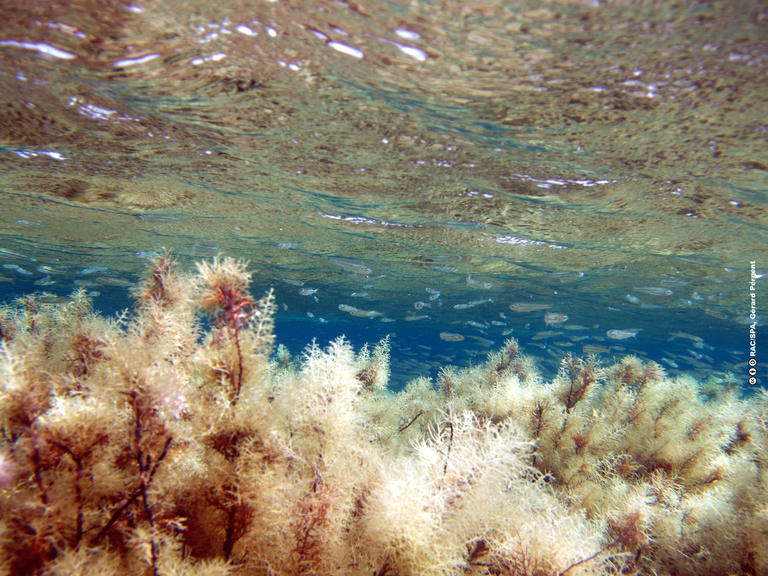Focus on COP22 follow up
During COP 22, the significant role of ICZM Protocol of the Barcelona Convention as a legal milestone for embedding and implementing integrated approaches, practices and tools into common initiatives and coordinated actions among sectors and improving existing governance mechanisms was reconfirmed through the Antalya declaration.
Namely, the Contracting Parties pledged to widen their engagement in active dialogue and promote common initiatives, supporting regional responses to shared environmental challenges in order to amplify their impact across and beyond the basin, and contributing to coordinated action across sectors and levels of government through the implementation of integrated approaches stipulated in the Protocol on Integrated Coastal Zone Management and the Conceptual Framework for Marine Spatial Planning.
This statement reconfirmed the importance of implementing Marine Spatial Planning across the Mediterranean Region to better protect marine ecosystems by strategically allocating the use of marine areas and working together to reduce conflict and improve coastal (and marine) governance.
The example from the GEF Adriatic project presented during one of the most visited side events confirms that the ecosystem approach is rightly the dominant paradigm for marine and coastal planning. But real-world MSP has to deal with the real political and institutional competencies, complex participation issues, sectoral trade-offs and blue growth priorities. With the approach developed within the GEF Adriatic project, based on IMAP and tested in Montenegro, PAP/RAC is providing a visual tool, based on scientific data that provides objectively verifiable bases for decision making processes based on environmental priorities.
All this shows that the efforts of PAP/RAC in promoting holistic approached looking at the integrity of coastal ecosystems in its land and sea scope, as defined in Art. 3 of the ICZM Protocol, is pushing the ecosystem approach in the Mediterranean to a next level.

